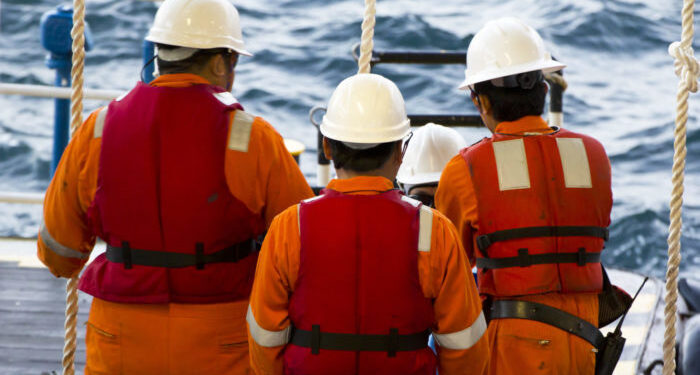The Mission to Seafarers has been awarded a £110k grant by Seafarers UK to support the growth and diversification of its volunteer base in the UK. The fund will be used to design and develop a new UK volunteering outreach strategy for 2019, which aims to increase the number of young people (25-45) and female volunteers within the Mission, as well as those from different ethnic and religious backgrounds.
The fund follows a research by the Mission that suggests that engaging a more various volunteer base will enhance the services they provide by better reflecting needs of an increasingly diverse seafaring community.
Moreover, the funding will also be used to enhance the Mission’s port-based services across the UK, by increasing the number of ship visits its port chaplains conduct every month, from 50 to 60 and allowing greater access to 24-hour facilities in key ports around the UK. This will allow an additional 5,000 seafarers to receive support from the Mission each year, in Wales, the Humber and Scotland.
The Missions plans to use a part of the grant to an event in favour of promoting the work of the Mission’s chaplains and the way it engages with the challenges of culture, justice and advocacy.
Canon Andrew Wright, Secretary General, The Mission to Seafarers stated
We are hugely grateful to Seafarers UK for their generosity and continued support of our work here at the Mission. This vital funding will be used to enrich the quality of the support we provide by diversifying our support network to better align with the needs of the men and women we serve.
He continued that the Mission hopes that seafarers will feel ‘like home’ when arriving at the UK shores.
The £110k grant builds on previous funding awarded to the Mission by Seafarers UK last year, which was used to support training and development of the Mission’s existing volunteer force, and improve its monitoring and evaluation processes. This included the establishment of a new 24-hour seafarers centre in Port Talbot – the first new centre to be opened in the UK in 20 years.






























































